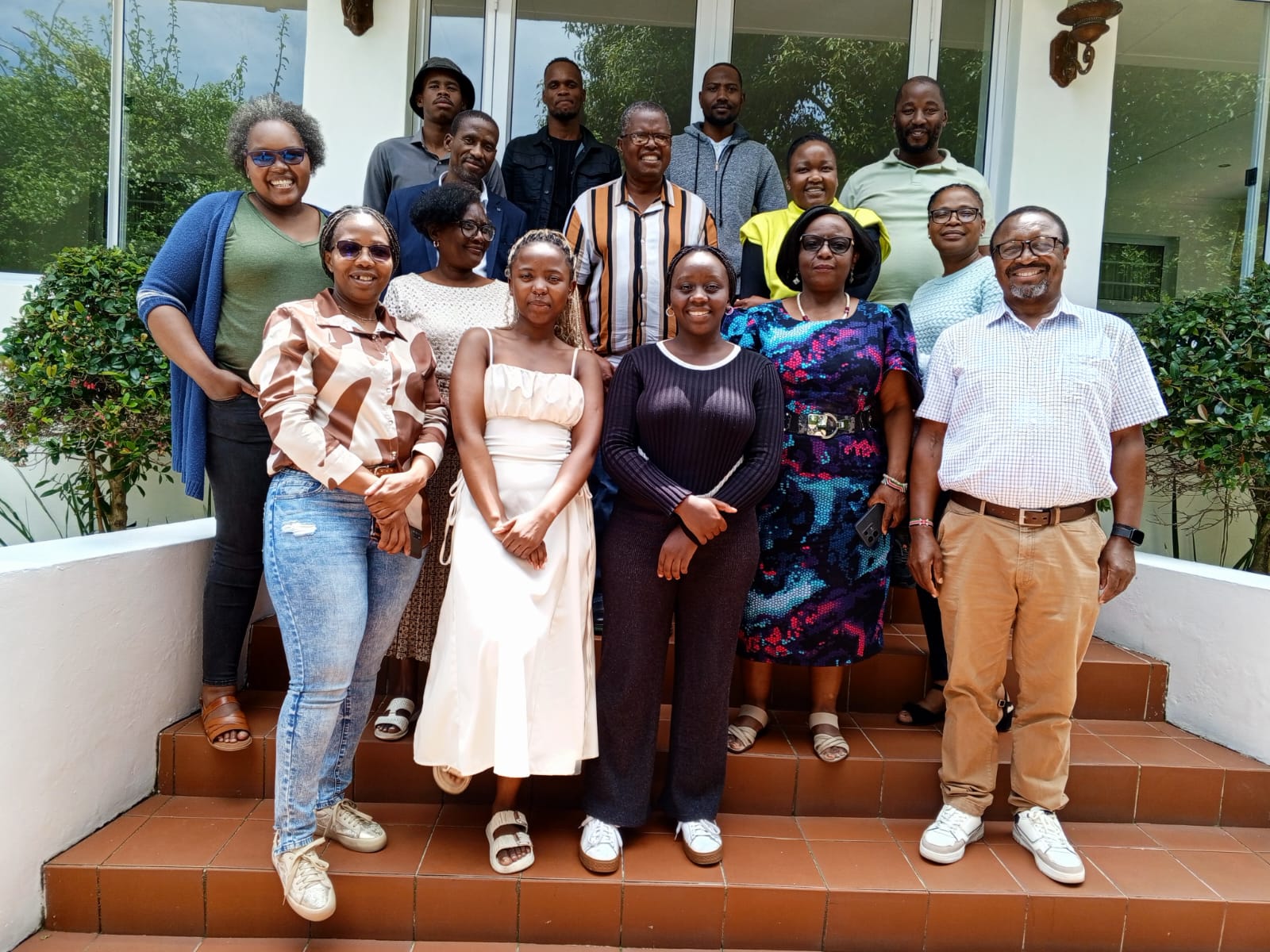SMAFED FOSTERS COLLABORATIONS FOR COMMUNITY UPLIFMENT IN AQUACULTURE

The Walter Sisulu University (WSU) Sustainable Marine and Freshwater Resource Management and Economic Development (SMAFED) Research niche area recently hosted a three day workshop aimed at unearthing innovative aquacultural practices.
Held in partnership with the OR Tambo Cooperative Development Centre, the workshop comprised an introduction to the Food Energy Water South Africa Tertiary Co-Operative (FEWCOOP SA), a tertiary cooperative, which integrates rural communities into the knowledge economy by building their capabilities for economic inclusion, in line with the National Development Plan.
The event brought together researchers, students, and community leaders to explore innovative and sustainable aquacultural practices, with a focus on aquaponics systems.
Spearheaded by WSU’s Professor Grace Okuthe, SMAFED has started looking at several ways in which aquaculture could be leveraged to address climate change challenges and food security.
“The workshop was organised to understand what the communities are interested in and to forge a partnership with them moving forward. Another main reason was to involve prospective students in community partnerships starting from next year. This is part of capacity building, as we want students to engage in the community projects we participate in,” said Okuthe.
Additionally, Okuthe asserted that their aim was to integrate postgraduate students’ research into community projects and educate them on how they can contribute to community development while pursuing their degrees.
Following the workshop, SMAFED sought to sign a Memorandum of Understanding (MoU) with the OR Tambo Cooperative Development Centre, which would foster collaboration between the community and the institution.
Through this partnership, SMAFED and OTCDC will look at integrating aquaculture with agriculture to empower rural communities through sustainable food production systems.
These include establishing aquaponics farms where nutrient-rich fish water supports drought-resistant crops, thereby enhancing food security and generating income.
OTCDC representative, Thandikhaya Mdawuhluthi said that through the partnership with WSU, they aimed to leverage the university’s academic and technical expertise to support their institution’s initiatives.
“We aspire to collaborate on programmes designed to reach underprivileged communities, with a particular focus on empowering youth, women, and people living with disabilities. The objective is to implement sustainable economic development projects that not only combat poverty but also create long-term employment opportunities for individuals and their communities,” he said.
OTCDC will also collaborate with local experts and students to develop innovative aquaculture solutions, focusing on constructing solar-powered recirculating aquaculture systems to reduce electricity consumption.
The initiative also includes converting food waste into affordable, locally produced fish feed, fostering eco-friendly practices in line with the principles of the blue economy.
By Yanga Ziwele
